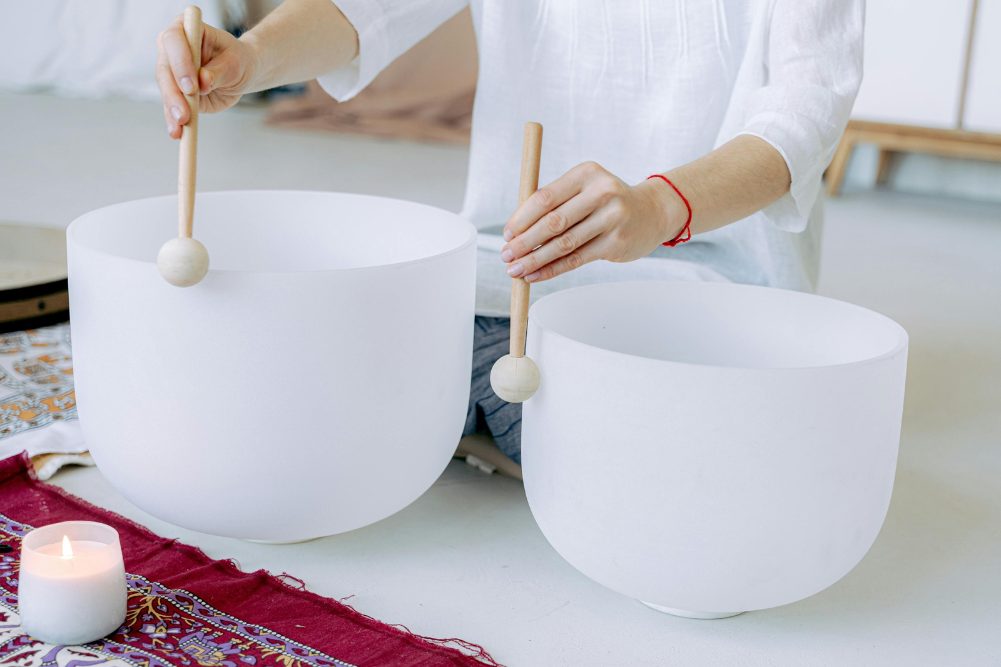Feeling burnt-out? We take a look at redefining success & health amid a pandemic
A physiotherapist’s first-hand account of battling with bizarre health symptoms and how she redefined success in the face of burn out and the COVID-19 crisis.
I have always found it so interesting when my clients are surprised that I, as their physiotherapist, experience pain or injury. News flash: being a physio does not make you invincible.
I’m pretty candid about the fact that my passion for helping others in their health journey has grown as I’ve worked through my own challenges over the years. But none of these compared to the physical debilitation that I felt during COVID-19.
It goes without saying that it has been an incredibly stressful time for us all. This pandemic brought with it a unique set of lessons to be learned on a rigorous training ground. The repeated lockdowns resulted in a turbulent time from a work perspective and heightened financial pressure. A series of unfortunate events and technicalities meant that I was not eligible for governmental financial assistance to supplement my loss of income. This created a lot of angst about not knowing how or when the virus would pass. Shortly after the initial stress of worrying about my livelihood wore off, I began to feel very, scarily unwell.
To say that I was struggling to work would be an understatement. There would be days where I would come in to see patients and feel like I would pass out in the middle of a consult. I found myself slipping mentally. The fatigue would actually feel like it was killing me. My eyes would burn with weariness. The mental exhaustion was unyielding, and by the end of the day I would feel like I could barely make it home. Somehow, despite the tiredness, I’d often have nights where I would suffer from insomnia. Migraines and bodily pains I had battled with in the past set in with a sudden vengeance. I could feel my body deteriorating in more ways than one. I’d make some sort of recovery over the weekend, only to repeat the same saga the following week. And the next. And the next.
And in the middle of all of this, the aforementioned panic about my job and how I could stay afloat financially actually kick-started me into launching a business on top of working my day job. My body was screaming for a break. But I couldn’t rest; rest is for quitters.
My physical fitness suffered in a huge way. When the gyms closed, I lost my routine, and with it my motivation to exercise against a schedule. I became increasingly drained. I’d find myself struggling to hide my breathlessness from demonstrating only a few exercises to patients. I literally felt zapped of whatever life force was supposed to be keeping me alive. All the while, I felt the need to keep up a charade of strength, health and vitality — everything I was definitely not.
All of this led me through a series of tests with various medical specialists. Every test was coming back clear, which made me feel good and bad at the same time: a healthy functioning system on paper juxtaposed against how horrible I was actually feeling. I felt like I was on a wild goose chase trying to figure out what was wrong with me.
I finally met a doctor who, in short, asked me about the happenings of my life over the last 12 months, before bluntly stating that I was stressed and needed to learn to manage that better. I hated that appointment and was rattled for some time after it. But, as much as I didn’t like hearing it, I came to acknowledge that he was right.
There was a lot that had happened in my life prior to the pandemic which I had failed to process (because ignoring my emotions is my real area of expertise). I finally had to put on my clinician hat and look at the patient in the mirror. We talked about acknowledging the mind–body connection. Then we talked about pacing and how to avoid overdoing it. More unpacking: why have I been pushing so freakishly hard and demanding the world of myself? Might it be OK to acknowledge my own limitations and accept that things have been tough, but I have done well to have made it this far? Is my best enough? It took a while to absorb it all, but eventually, the patient — me — came around.
I have only recently started to get things back on track. And on the days that my body says “No”, I actually listen now. When I can’t get to my to-do list because it would be too much of an ask of myself, I do this weird thing where I just accept it and park it until I’m ready to pick it up again. I don’t punish myself if all I have energy for is a walk outside instead of a full exercise routine. These have been hard lessons to learn, but it has been amazing in so many ways — for my own sake and for what I foresee will be helpful for the people I encounter who struggle with their own versions of becoming overwhelmed.
If even I, as the super-ordinary, extra-normal physio, can eventually get there, you can too.








